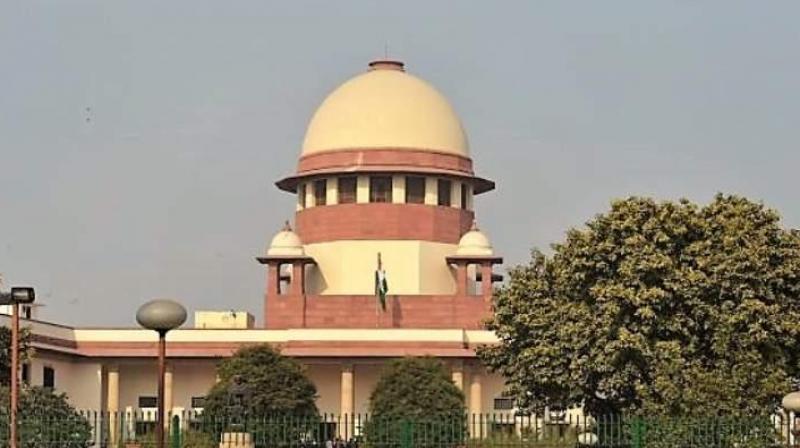DC Edit | SC nudge on Covid ex-gratia exposes govt sloth, red tape

The Supreme Court’s directives to the National Disaster Management Authority (NDMA) to frame guidelines for paying ex gratia compensation to victims of Covid-19 and to the governments to simplify the process of certification of deaths due to the pandemic have come as a big relief for a large number of people. The directives also expose the sloth that has become part of the character of the government even in the face of a national crisis and the love for red tape while dealing with the lives of worst-affected people in a given point of time.
The court’s decision has come against the government’s position that it did have the money but its focus is on providing food, medical care, oxygen, vaccination and on supporting the economy and not to pay compensation to the kin of four lakh odd people who have lost their lives due to the pandemic. The court, however, did not buy the argument and told the government that the relevant section of the National Disaster Management Act, 2005, says that the NDMA shall recommend guidelines for the minimum standards of relief to be provided to persons affected by disaster, which shall include ex gratia assistance on account of loss of life. The government cannot run away from its responsibility, the court reminded it.
The government’s argument not only sounded specious but also revealed its disdain for the legal responsibilities when it comes to bringing succour to the most vulnerable sections of people during a national disaster. The government conveniently forgot the fact that it had invoked the appropriate sections of the Act while dealing with the pandemic but chose to ignore those that talked of compensation. The court refused to accept the government interpretation of the law dealing with compensation as “recommendatory”; it is instead mandatory and statutory, the court said.
The judges who chastised the NDMA, the statutory body headed by the Prime Minister and vested with the power and responsibility to form a national strategy to face disasters, saying it failed to perform its duty but refrained from fixing the quantum of the compensation and instead left it to the wisdom of the executive. The court, in fact, limited itself to interpreting the law and reminding the government of its duty; it did not transgress the boundaries that separate the two branches of government.
The court’s direction to streamline the process of certifying Covid deaths has not come a day earlier. Several state governments have been following a pattern that did not count a death as a Covid death if it comes after the victim tested negative for the virus. This is in fact not in conformity with the international practice and has two inimical impacts. One is that several deaths, which had indeed been caused by the virus, would not be counted, resulting in the denial of compensation to the relatives. The second is that it would deny the decision-makers the advantage of reliable and accurate data to analyse and take decisions on the ways to resist the pandemic. A simplified and transparent death certification process would hopefully reverse the practice.

